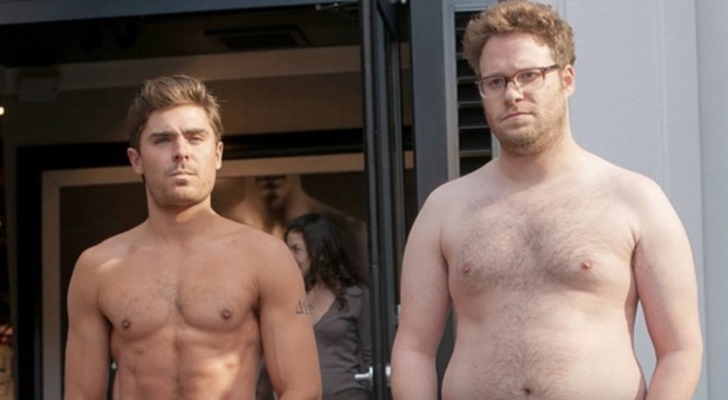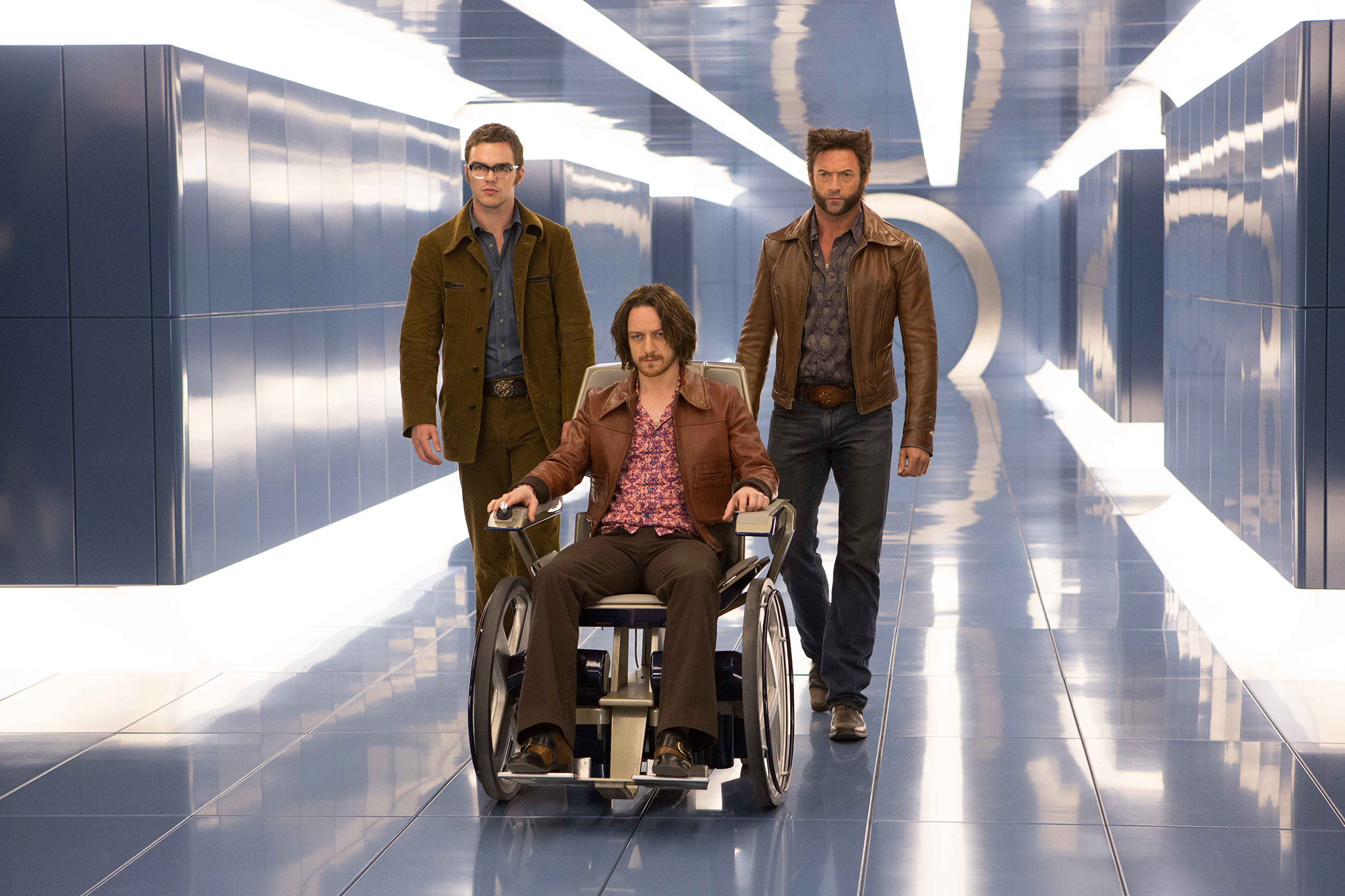South Korean director Bong Joon-ho is one of global cinema’s most consistently interesting directors — his films are typically blockbuster-style entertainments told with supreme visual flair yet always housing deeper layers of social commentary underneath.
This is a delicate balancing act for many filmmakers, but Bong has pulled this trick off in nearly every film he has made, starting with the brilliant cop-procedural “Memories of Murder” in 2003.
Whether it’s the environmental cautionary tale doubling as big monster science fiction movie “The Host” or microcosm of modern-society housed on a never-stopping train (rich in the front, poor in the back) action adventure film “Snowpiercer” or girl befriends giant pig and takes on the food industry fairy tale “Okja,” Bong routinely creates thought-provoking narratives draped in Hollywood-style spectacle.
Bong’s latest film, “Parasite,” while a much more grounded narrative about class and income inequality, still fits squarely within this standard of quality Bong’s filmography has set.
It’s satirical, suspenseful, surprising and, in more than one instance, completely bonkers.
The plot concerns a lower-class family, the Kims, consisting of mother and father Chung-sook and Ki-taek and daughter and son Ki-jeong and Ki-woo, who live in a run-down basement apartment in modern-day Seoul. Despite living in a seemingly thriving, technologically advanced modern city, the family has to huddle in the corner of the bathroom to catch a weak wifi signal from a nearby coffee shop. They make ends meet by folding pizza boxes for a local restaurant. Things seem bleak, but they are a tight- knit unit.
One night, over Soju, a school friend of Ki-woo’s informs him of a job opening as an English tutor for the daughter of a local wealthy family, the Parks. Before long, the Kims scheme their way into the lives and employ of the oblivious and overly trusting Park family — attaching themselves like the titular organism to a host body with an elaborate facade.
To discuss more of the plot would not be wise. One needs to practice caution when discussing this film — it plays best when its narrative turns are unknown going in. In today’s hyper-sensitive “no-spoilers” culture, it’s best to play it safe, lest we offend the reader. And in the case of “Parasite,” to do otherwise would be a disservice to anyone who may watch the film.
However, it is not a spoiler to say that this is a film that will surprise you.
On more than one occasion, the narrative takes a turn in directions no one would possibly see coming. And it’s not just twists for the sake of making a movie with twists. Each new plot turn deepens the social commentary of the movie and ramps up the stakes for the film’s characters.
This is definitely a film that tells a story about the divide between the 99% and the 1% — about global income inequality.
But to discuss it solely in those terms would be an insulting simplification of an extremely intelligent script. A script that balances tones ranging from intelligent social commentary, dark comedy and suspenseful psychodrama.
And while we’re drawn to the poor family at the center of the narrative, the audience is forced to confront what jealousy over class will lead one to do. What one can lose sight of.
The lines between typical notions of “good” and “bad” characters are blurred. The rich are skewered, yes, but they are also not presented as bad people — merely blinded to the realities of life by the lack of care afforded to those who can literally buy their way out of it.
Are the Parks truly bad? Or are they merely just another small part of the same unfair system which has the Kims living in a dingy underground apartment?
In recent interviews in which Bong discusses “Parasite,” he has drawn interesting parallels between this film and his previous works. With his 2006 film, “The Host,” Bong made an actual monster movie. However, he has made allusions that he considers all his films to be “monster movies.”
He has also discussed the universal appeal of his themes of class and inequality.
“Compared to all my other films, ‘Parasite’ in particular I think is the most universal story,” Bong said in an interview with Nerdist, “and no matter where it screens, which country or festival, the audience response has been pretty similar,” he explained. “I think that’s because, while on the surface the film features very Korean characters and details, in the end it’s as if we’re all living in this one country of Capitalism.”
In “Parasite,” that country in which we, the citizens of the world, all now live in is the monster. That monster is unfettered Capitalism.
Other aspects of this production are well-worthy of praise, particularly the set design, which draws stark contrasts between the dark, dingy, and nearly subterranean world of the poor and the gaudy, brightly-colored, wide- open spaces of the rich. Bong’s cinematographer Hong Kyung-pyo deserves particular praise for the look and texture of the visuals.
The cast is also great — Bong- production veteran Song Kang-ho stars as the patriarch of the Kims and gives the kind of excel- lent performance that is routine for him at this point. But it’s Cho Yeo-jeong as the ditzy, eternally cheerful matriarch of the wealthy Park family that shines the brightest, taking what could be a thankless villain role and imbuing it with life, humor and genuine empathy.
But this vision is purely the creation of Bong Joon-ho. Bong is a director who deserves the label of global auteur — he is the author of his movies. He has an individual vision for his films, and the subject is very much in line with his own personal obsessions, which weave throughout his filmography, particularly themes related to class struggle.
In Martin Scorsese’s recent op-ed published in The New York Times addressing his controversial comments in which he decried Marvel Films as “not cinema,” the filmmaking luminary expressed his concern that the main threat to the art form of movies is not actually comic book films, or sequels, or car- toons, or remakes, or reboots themselves — it’s the corporate- owned Hollywood studios’ ever-increasing aversion to risk.
“Many films today are perfect products manufactured for immediate consumption,” Scorsese wrote. “Many of them are well made by teams of talented individuals. All the same, they lack something essential to cinema: the unifying vision of an individual artist. Because, of course, the individual artist is the riskiest factor of all.”
The trend in Hollywood cinema, sadly, is the de-emphasizing of the role of individual directors and the ascendancy of amortized, focus-grouped, inoffensive movies based on well-known, pre-established properties.
However, hope for interesting, risky, auteurist cinema lives on in the films of Bong Joon-ho.




